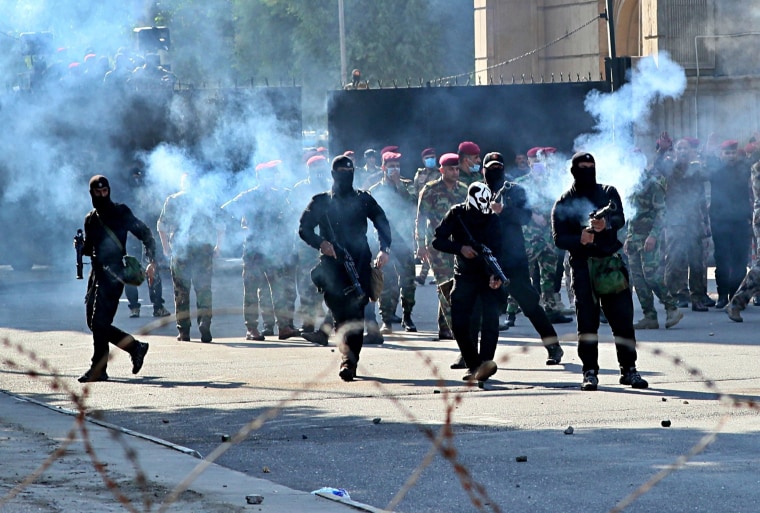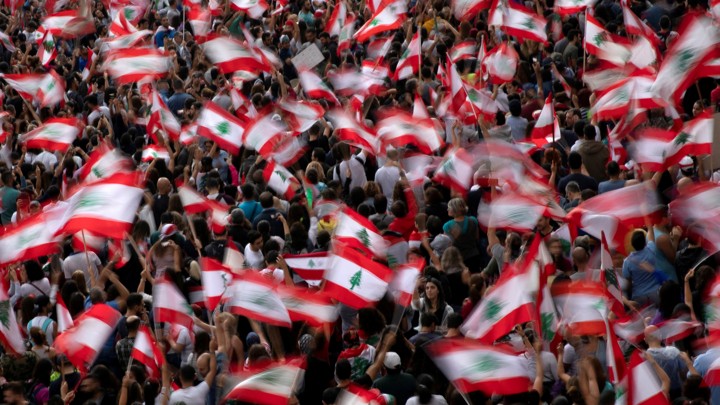
(MENAFN – Gulf Times) Lebanese banks have curtailed the transfer of dollar deposits abroad until political turbulence that has engulfed the country and raised fears of a collapse in its currency peg subsides. Lebanon has not imposed official restrictions on the movement of money as lenders reopen their doors after two weeks of nationwide anti-government protests. But banks have independently moved to tighten informal limits already in place for months to avoid capital flight amid crumbling confidence. Tellers working in four of Lebanon’s major banks said transfers of deposits abroad had been stopped until further notice, regardless of the amount and destination. Some said they were making exceptions for clients who could prove they needed to pay for university fees, loans or healthcare abroad, for instance. The restrictions were confirmed by at least two senior bank officials, who declined to be named because of the sensitivity of the issue. Banks have fielded calls from high net worth depositors asking to move their money abroad, but both bankers said big clients had been broadly understanding when told to wait until the political uncertainty eases. ‘It’s gone better than expected, one of the senior bankers added.
Capital controls are becoming the weapon of choice for embattled governments in need of breathing room, with Argentina tightening its restrictions after a left-leaning populist won the presidential elections. Though Lebanon’s restrictions are informal and temporary, some economists have warned they could discourage inflows from diaspora investors, the country’s financial lifeline. But Lebanon, one of the world’s most indebted nations, has few viable alternatives. Hundreds of thousands of Lebanese have been on the streets for two weeks, demanding the resignation of a political class they say has pillaged state coffers to the verge of bankruptcy whilst leaving the public with failing services. The protests prompted the resignation this week of Prime Minister Saad Hariri. A replacement has yet to be named, raising concerns the country will be unable to implement measures needed to avert economic crisis.









